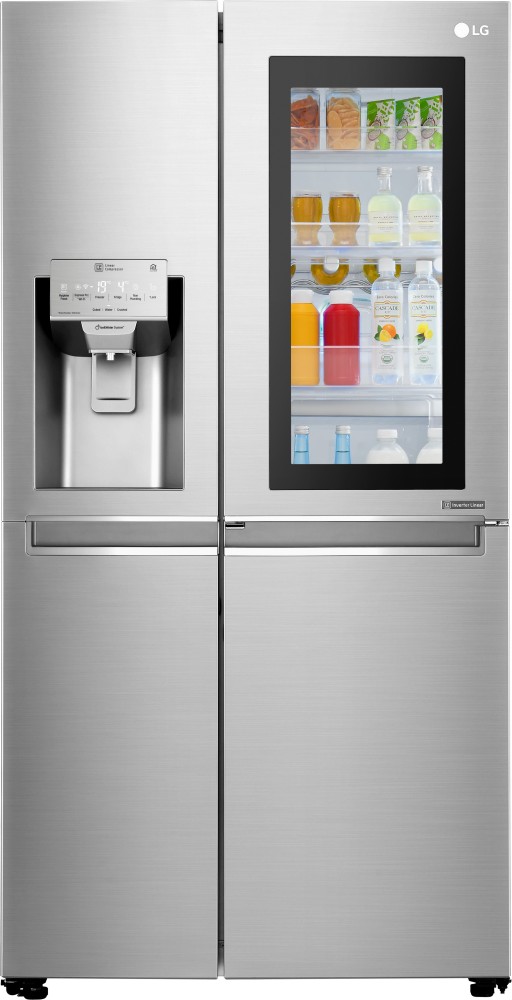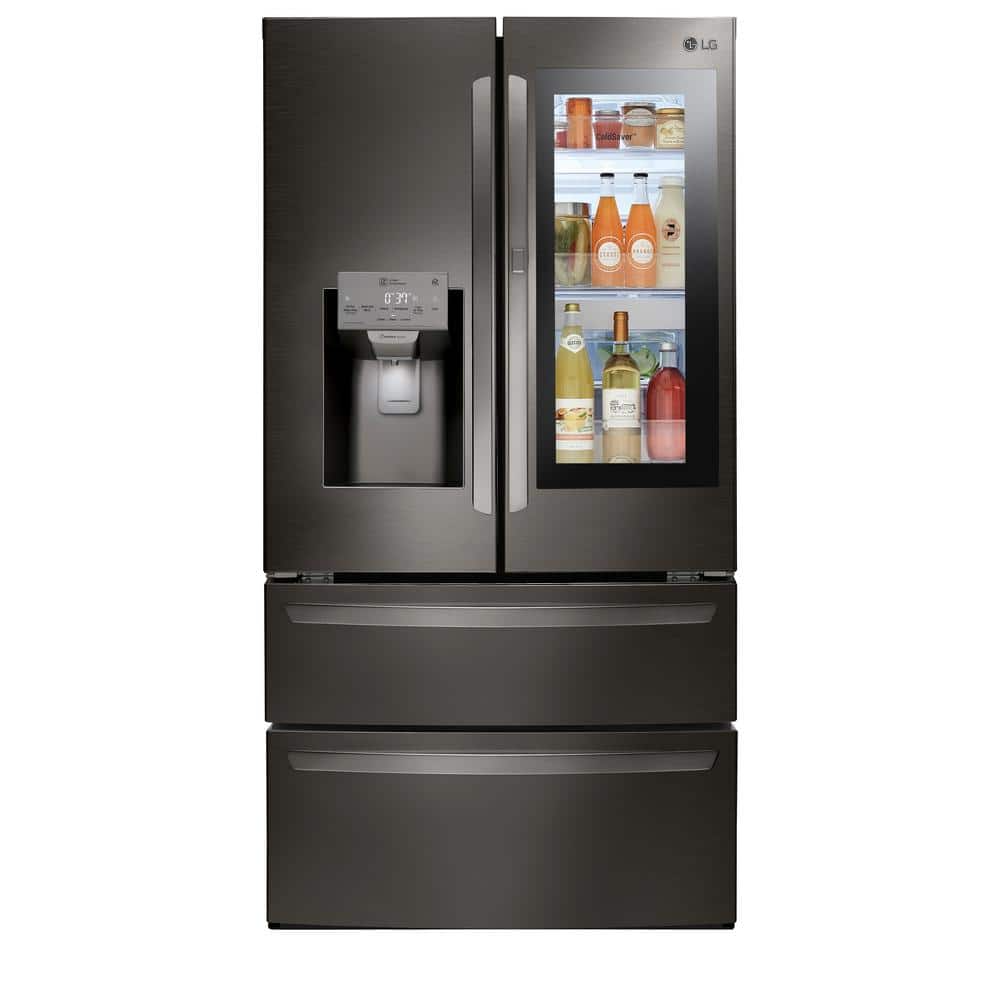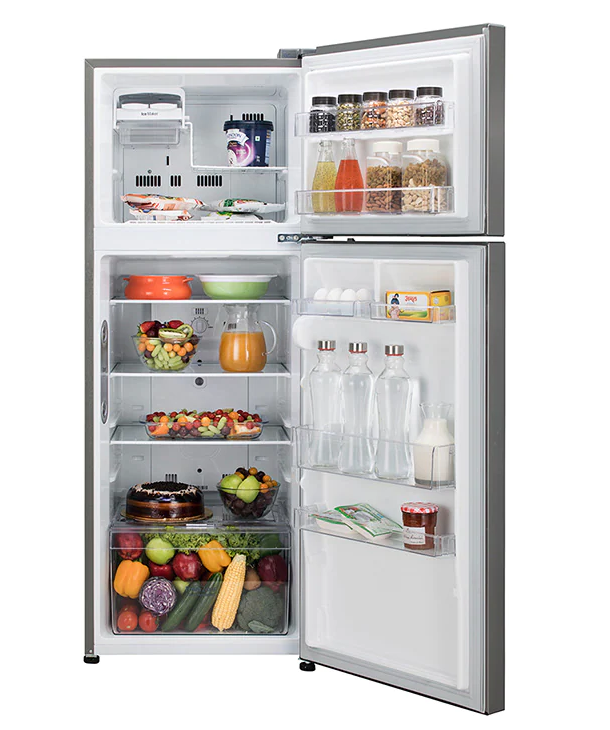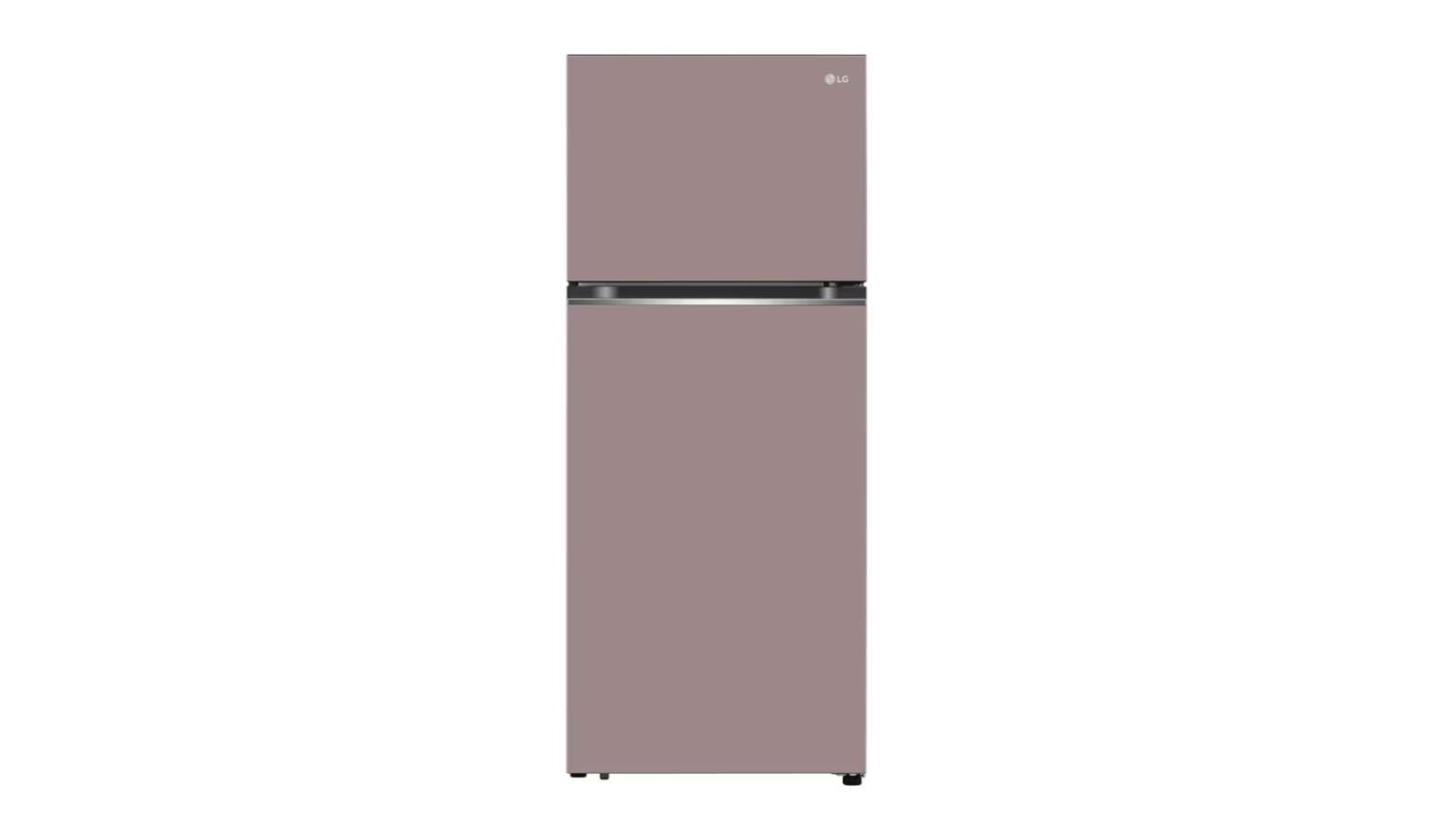Introduction to LG Fridge Air Filters
Regular maintenance is crucial for extending the lifespan and optimizing the performance of household appliances, and your LG refrigerator is no exception. Among the various maintenance tasks, changing the air filter in your LG fridge is essential. The air filter is responsible for ensuring that the air circulating within your fridge remains clean and odor-free. It helps to eliminate undesirable smells from food items and keeps the refrigerator’s environment fresh.
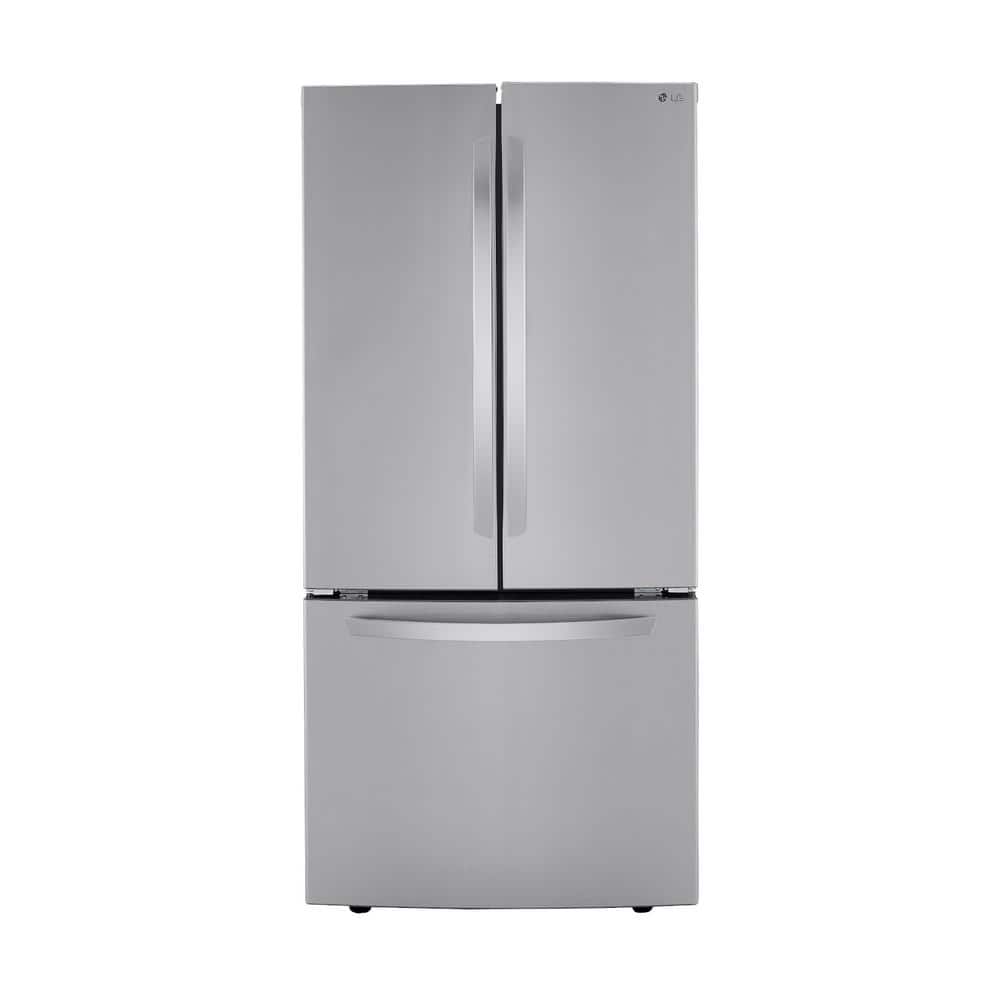
Neglecting to change the air filter can lead to unpleasant odors, reduced efficiency, and even contamination of your stored food. This article provides a comprehensive guide on why and how to change your LG fridge air filter. We will break down the entire process, ensuring that you are equipped with the knowledge to maintain your fridge effectively.
Why Air Filters Are Important
Removing Odors
The primary function of an air filter in your LG fridge is to remove unpleasant odors. Different food items can emit various smells, which can mix and cause a less-than-pleasant aroma inside your fridge. These odors can penetrate other foods and affect their taste and quality. By regularly changing the air filter, you can keep these smells under control and maintain a more pleasant environment inside your refrigerator.
The air filter uses activated carbon or charcoal, which is highly effective in absorbing and eliminating odors. When air passes through the filter, these materials capture odor-causing particles, ensuring that the air circulating inside the fridge is clean and fresh. This process helps in preserving the flavors and integrity of your stored food.
Extending Freshness
Another crucial role of the air filter is to help extend the freshness of your food. By maintaining clean air inside the fridge, the air filter minimizes the risk of cross-contamination between different food items. This is particularly important for perishable items like fruits, vegetables, and dairy products. Clean air helps in slowing down the ripening process and reducing spoilage, thus keeping your food fresh for longer.
A functional air filter also helps in reducing the growth of mold and mildew inside the fridge. Mold and mildew thrive in moist environments and can significantly affect the quality and safety of your stored food. Regularly changing the air filter reduces the likelihood of mold and mildew growth, thereby contributing to a healthier and more hygienic fridge environment.
Enhancing Efficiency
A clean air filter can also enhance the efficiency of your LG refrigerator. When the air filter is clogged with debris and odor particles, it restricts airflow within the fridge. This can cause the refrigerator’s cooling system to work harder to maintain the desired temperature. Overworking the cooling system can lead to increased energy consumption and utility bills, as well as premature wear and tear on the refrigerator’s components.
By regularly changing the air filter, you ensure that air can circulate freely within the fridge. This helps in maintaining optimal cooling performance without putting extra strain on the refrigerator’s system. As a result, you can enjoy lower energy costs and a longer lifespan for your appliance.
When to Change Your LG Fridge Air Filter
Manufacturer Recommendations
LG and other refrigerator manufacturers typically provide specific guidelines on when to change your fridge’s air filter. For most LG models, it’s recommended to change the air filter every six months. However, this timeline can vary depending on usage patterns, the types of food stored, and the overall cleanliness of your fridge.
Consult your refrigerator’s user manual for the manufacturer’s specific recommendations on air filter replacement. The manual will provide detailed instructions on the recommended replacement frequency, as well as the type of filter you need for your specific model. Following these guidelines helps ensure that your refrigerator operates efficiently and maintains optimal air quality.
Signs That Your Air Filter Needs Replacement
In addition to following the manufacturer’s recommendations, it’s also important to be aware of signs that indicate your air filter needs replacement. One of the most obvious signs is the presence of persistent odors inside your fridge. If you notice that your refrigerator continues to emit unpleasant smells despite regular cleaning, it’s likely that the air filter is saturated and no longer effective.
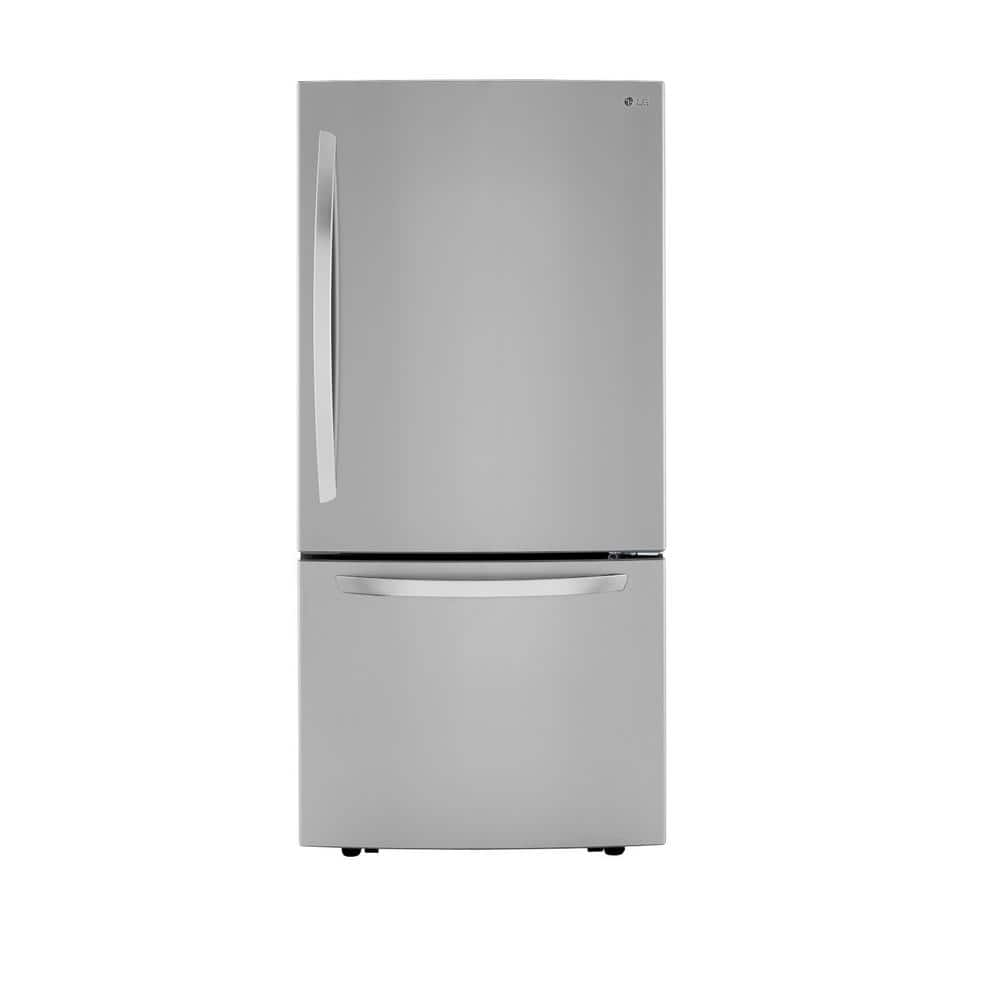
Another sign to watch for is reduced airflow within the fridge. If you notice that certain areas of the fridge are not cooling as effectively as others or if there is a noticeable difference in temperature, it could be due to a clogged air filter. In such cases, replacing the air filter can help restore proper airflow and cooling performance.
Proactive Replacement
While it’s essential to replace the air filter when signs of wear and tear become apparent, it’s equally important to be proactive about filter replacement. Waiting until problems arise can lead to compromised food quality and reduced efficiency. By adhering to a regular replacement schedule, you can prevent issues before they occur and ensure that your fridge continues to operate at its best.
Mark your calendar or set a reminder on your smartphone to replace the air filter every six months. Proactive replacement not only extends the lifespan of your refrigerator but also contributes to a healthier and more hygienic kitchen environment.
How to Change the Air Filter in Your LG Fridge
Gathering Supplies
Before you begin the process of changing your LG fridge air filter, gather the necessary supplies. You’ll need a replacement air filter compatible with your specific LG refrigerator model. Check your user manual or the manufacturer’s website for the correct filter part number. Having the right filter ensures a proper fit and optimal performance.
You may also want to have a clean cloth or paper towels on hand for wiping down the filter compartment. This helps remove any dust or debris that may have accumulated. With everything you need ready, you can proceed with confidence.
Step-by-Step Replacement Guide
- Locate the Air Filter Compartment: The air filter compartment is typically located inside the refrigerator, near the back or side wall. Look for a small panel or cover that covers the filter compartment. In some models, the compartment may be labeled with a filter icon.
- Remove the Old Filter: Gently open the filter compartment cover to access the old air filter. Depending on your refrigerator model, the filter may be secured with clips, screws, or a twist-and-lock mechanism. Carefully remove the old filter, paying attention to how it is installed, as you’ll need to install the new filter in the same orientation.
- Clean the Filter Compartment: Use a clean cloth or paper towels to wipe down the filter compartment. Removing any dust or debris ensures a clean surface for the new filter installation. Be gentle to avoid damaging any components.
- Install the New Filter: Take the new air filter out of its packaging and insert it into the filter compartment. Make sure it is properly aligned and securely fastened. If your model uses a twist-and-lock mechanism, turn the filter to lock it in place. If there are clips or screws, ensure they are securely fastened.
- Close the Filter Compartment: Once the new filter is installed, close the filter compartment cover. Make sure it is securely closed to prevent any gaps that could affect airflow.
- Reset the Filter Indicator (if applicable): Some LG refrigerators come with a filter replacement indicator that alerts you when it’s time to change the filter. After replacing the filter, reset the indicator according to your refrigerator’s user manual instructions. This ensures the indicator accurately tracks the next replacement cycle.
Testing and Final Checks
After completing the filter replacement process, take a moment to ensure everything is in order. Check that the filter compartment cover is securely closed and that the new filter is properly installed. Listen for any unusual noises or issues with airflow that could indicate a problem.
You can also verify the operation of the filter replacement indicator (if applicable) to ensure it has been reset correctly. With these final checks complete, you can rest assured that your LG refrigerator is equipped with a fresh air filter, ready to maintain a clean and odor-free environment.
Benefits of Regular Air Filter Replacement
Maintaining Optimal Performance
Regularly changing the air filter in your LG refrigerator helps maintain its optimal performance. A clean air filter ensures proper airflow within the fridge, which is essential for consistent cooling. This not only keeps your food fresh but also reduces the workload on the refrigerator’s cooling system.
By reducing strain on the cooling system, regular air filter replacement helps extend the lifespan of your refrigerator. It prevents unnecessary wear and tear on components, reducing the risk of breakdowns and costly repairs. Investing a little time and effort in air filter maintenance can save you money in the long run.
Enhancing Food Safety and Quality
Clean air inside your refrigerator contributes to better food safety and quality. A functional air filter helps prevent cross-contamination between different food items, reducing the risk of foodborne illnesses. It also helps to extend the freshness of perishable items, allowing you to enjoy your food at its best quality.
By eliminating unpleasant odors and maintaining a fresh environment, regular air filter replacement enhances the overall dining experience. Your food will taste better, and you can feel confident in the safety and quality of the items stored in your fridge.
Contributing to Energy Efficiency
A properly functioning air filter can also contribute to energy efficiency. When the air filter is clean and unobstructed, it allows for better airflow within the fridge. This enables the cooling system to operate more efficiently, maintaining the desired temperature without overworking.
Improved energy efficiency translates to lower utility bills and reduced environmental impact. Regular air filter replacement is a simple yet effective way to promote sustainability and lower your household’s energy consumption.
Conclusion
Changing the air filter in your LG fridge is a crucial maintenance task that offers numerous benefits. From removing odors and extending food freshness to enhancing efficiency and contributing to energy savings, regular air filter replacement is essential for maintaining the performance and longevity of your refrigerator.
By understanding the importance of air filters, recognizing signs that indicate the need for replacement, and following a step-by-step guide, you can ensure that your fridge remains a clean and fresh environment for storing your food. Set a reminder to replace the air filter every six months, and enjoy the peace of mind that comes with knowing your fridge is operating at its best. Investing a little time and effort in air filter maintenance pays off in the long run, contributing to a healthier and more efficient household.
